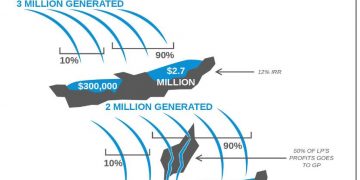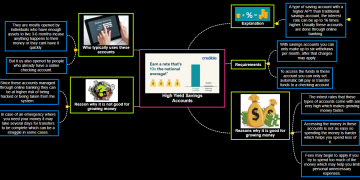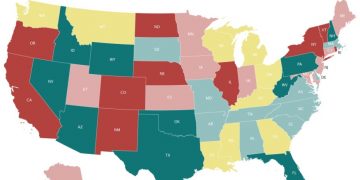While the terms DUI and DWI are frequently utilized reciprocally, there can be slight contrasts in importance between them. The specific distinction between a DUI or a DWI charge changes starting with one state then onto the next however what’s fundamental is that every offense can affect your driving records, protection rates, and in particular – your life and that of others.
Key Differences Between a DUI and DWI
Getting a DUI or DWI might seem like exactly the same thing, and in numerous ways, it is; notwithstanding, the two abbreviations have various implications. A DUI alludes to “driving impaired,” and a DWI signifies “driving while inebriated” or “driving while weakened.”
The charge of DUI or DWI could mean the driver was either affected by liquor or medications. Drugs, for this situation, incorporate over-the-counter or doctor-prescribed medications.
Contingent upon the state law, the two terms are utilized to portray weakened or inebriated driving. A few states utilize the two terms, which is the place where it can get precarious. Normally, one term will allude to liquor yet the other term will allude to disability by substances like a remedy or sporting medications, and the importance can differ from one state to another.
A few states utilize the term DWI to allude to driving with a blood liquor content over as far as possible. In different states, the term DUI is utilized when the driver is accused of being affected by medications or liquor.
OUI versus OWI
To make things considerably more convoluted, these are by all accounts not the only abbreviations for tipsy driving. OUI means “working affected by (inebriating alcohol),” and OWI means “working while inebriated.”
The differentiation “working” is significant here, on the grounds that it includes something beyond driving the vehicle. In the event that the vehicle is halted and isn’t running, it is as yet conceivable to be accused of working impaired.
Right now, there are just five expresses that utilization this wording. OWI is utilized by Indiana, Iowa, and Michigan, and OUI is right now utilized by Maine and Massachusetts.
Extra Factors in Impaired Driving
Getting a DUI or a DWI charge could mean the capturing official has the motivation to accept the driver can’t work the vehicle since they are excessively debilitated.
Contingent upon the ward the capture occurred in, the driver can be accused of disabled driving or driving impaired regardless of whether they finish a field collectedness assessment and are considered to have a BAC under the lawful furthest reaches of 0.08%.
That is on the grounds that each state has a zero-resilience law that will rebuff individuals younger than 21 assuming they drive with any hint of liquor in their framework. This implies that assuming they have a BAC higher than 0.00%, they will get a charge of DUI or DWI – regardless of whether the BAC is lower than 0.08%.
The Consequences of a DUI or a DWI Charge
Notwithstanding the phrasing of DWI versus DUI, the results are not kidding all of the time. You can see a full rundown of charges by state here, yet paying little heed to the locale, assuming that the driver is indicted or confesses, it’s probably they’ll briefly lose their driver’s permit and pay fines and court expenses.
Assuming this is a subsequent offense, they will probably invest energy in prison and may likewise be put waiting on the post-trial process, and should perform local area administration. Also, in many states, the driver will go through an assessment of their substance-taking or drinking designs, which could mean being needed to participate in a medication or liquor treatment program (like Alcoholics Anonymous) or enter a treatment office.
Additionally, contingent upon the state where you live, you might be needed to have a start interlock gadget introduced on your vehicle. This is a gadget that will guarantee you can’t begin your vehicle except if you blow into a gadget that distinguishes assuming you’ve been devouring liquor.
The gadget works by enrolling the breath test consequences of the BAC. In the event that it’s over as far as possible, the vehicle won’t begin.
While IID prerequisites will change marginally as per the condition of the offense, they typically incorporate the accompanying:
Getting a unique permit
Introducing the gadget
Aligning the gadget
Announcing the outcomes to observing offices
Furthermore, part of the specification of this gadget is that you pay for it to be introduced just as a month-to-month observing charge.
DWI versus DUI and Their Impacts on Insurance Rates
Getting a DUI or DWI offense has a thump on the impact on your vehicle protection rates. In the most ideal situation, the protection rates will increment. In any case, now and again, you could be dropped from your strategy totally.
The increment in the protection expense will rely upon the protection supplier. After a charge of a DUI or DWI, protection rates are generally twofold or triple in cost in contrast with the first rates.
Also, you might be needed to acquire an SR-22, which is an authentication of monetary obligation. This is to guarantee you meet the vehicle protection prerequisites of your state and will keep on gathering these specifications for a particular timeframe, typically three years.
These are generally required when a driver is hoping to reestablish their suspended permit after a DUI or a DWI charge.
















































